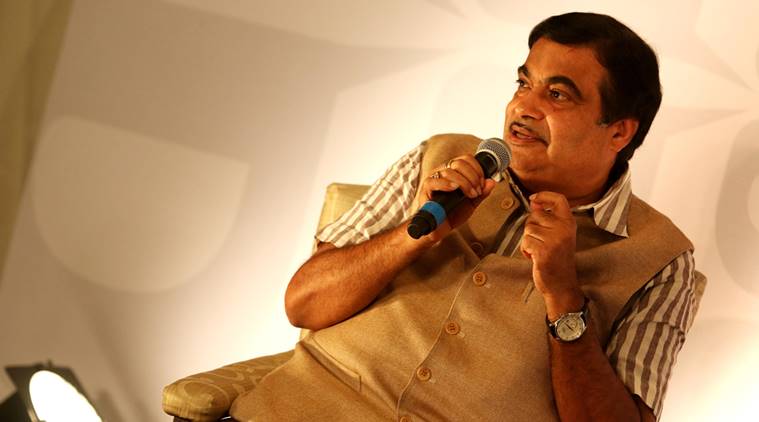With India’s strong stand on climate change and Prime Minister Narendra Modi’s appeal to use renewable sources of energy, it seems India is taking methanol much more seriously now. At a NITI Aayog seminar on Methanol Economy earlier this month, Minister of Coal and Petroleum Dharmendra Pradhan appealed to PSUs to organise startup funds for research in the field, while Transport Minister Nitin Gadkari pushed for an immediate ‘leapfrog’ into the methanol economy. India has even signed a Statement of Intent with the Methanol Institute of the US to further work on the technology.
Incidentally, NITI Aayog has already set up an Expert Group which will draw up a roadmap for India to tap methanol. The country depends on fossil fuels and petroleum for 80-90% of its energy requirements and around Rs. 4.5 lakh crore is spent every year importing oil. But as Nitin Gadkari said India aiming to bring down its import bill for petroleum to zero. Also, fossil fuels in addition to being non-renewable resources are harmful for the environment.
But why methanol as the alternative fuel? Professor G K Satyprakash, author of Beyond Oil and Gas: Methanol Economy and an expert on methanol, calls it the cleanest fuel known to mankind. “Methanol is the simplest form of alcohol — a single carbon solution — since it has no carbon carbon bond they do not emit particulate matter making the fuel clean,” he has been quoted as saying.
It is easy for India to switch to a methanol economy. Methanol can be easily produced from renewable sources like agricultural waste, forest residue and naptha and biomass waste can be converted through gasification. With small, relatively inexpensive, modifications to the engine, petrol and diesel cars can be made methanol compatible. In fact, if the percentage of methanol is under 15 per cent, even existing engines can run the fuel. It is only M-85 (which is 85% methanol and 15 % gasoline) that needs engine modification. Also, methanol production can be an effective waste management method and effectively use the 1 million tonnes of biomass India produces every month to generate fuel.
Methanol is slowly gaining prominence across the world. Israel recently started using methanol as a fuel, while it has been popular in Brazil for many years. China is the largest producer of methanol and has seen a rapid expansion in consumption and production in the last decade. “Today, the largest usage for methanol in China is direct fuel burning. Chinese have started putting 15% methanol in gasoline. They are also running cars trucks and buses on 100% methanol,” Gregory Dolan, CEO, Methanol Institute USA, said in a television interview.
Pradhan thinks a methanol-based economy can create a lot of employment and entrepreneurship in India. V K Saraswat, Member NITI Aayog and chairperson of the committee on methanol, said India should actively explore methanol and DME as possible long-term substitutes of oil and natural gas as the high amounts of agricultural waste can be beneficially converted to power the country. In a recent paper, the NITI Aayog said: “It would provide a feasible and safe way to store energy, make available a convenient liquid fuel, and assure mankind an unlimited source of hydrocarbons while at the same time mitigating the dangers of global warming.”
There is the added benefit that methanol produced here can be exported to neighboring countries like Bangladesh, Nepal and Pakistan which have comparable economies and with similar energy circumstances. Investing in a methanol economy might be the required push for the energy sector, considering the costs of plunging in new technology and implementing it in a nation as big as India it still is a daunting task.


